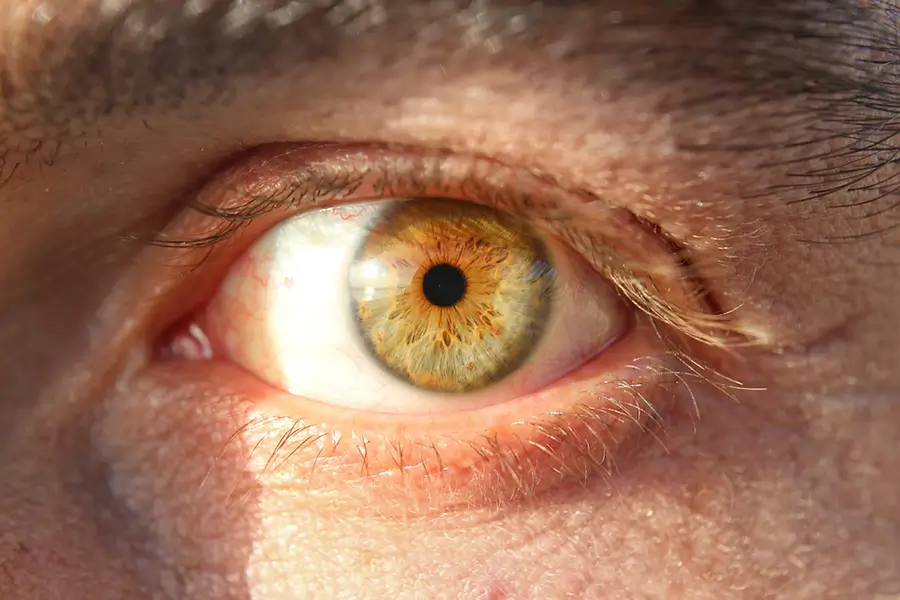Home » How to Find the Best Doctor for Macular Degeneration
Age-related Macular Degeneration (AMD) is a leading cause of vision loss in people over the age of 50. It occurs when the macula, the central part of the retina responsible for sharp central vision, deteriorates. While there is no cure for AMD, early diagnosis and treatment can significantly slow down its progression and help you maintain your quality of life. If you suspect you might have AMD, finding the right eye care specialist is crucial.

There are two main types of age-related macular degeneration:
Early symptoms of AMD may be subtle or nonexistent. However, common signs include:
If you experience any of the above symptoms, it’s essential to get your eyes checked by an ophthalmologist promptly. Early detection allows for treatment options that can help slow the progression of age-related macular degeneration and prevent further vision loss. Left untreated, AMD can lead to severe vision impairment and even blindness.
While AMD currently has no cure, various treatment options are available, depending on the type and severity of your condition:
Finding the right doctor for your age-related macular degeneration care is paramount. Here’s what to consider:
At Tennessee Eye Care, we understand the impact age-related macular degeneration can have on your life. Our team of eye doctors has extensive experience in diagnosing and managing AMD. We offer the latest diagnostic tools, advanced treatment options, and personalized care plans tailored to your specific needs. Our welcoming staff and commitment to patient education ensure that you’ll feel supported and informed throughout your journey. If you’re concerned about age-related macular degeneration, contact Tennessee Eye Care to schedule your appointment today.